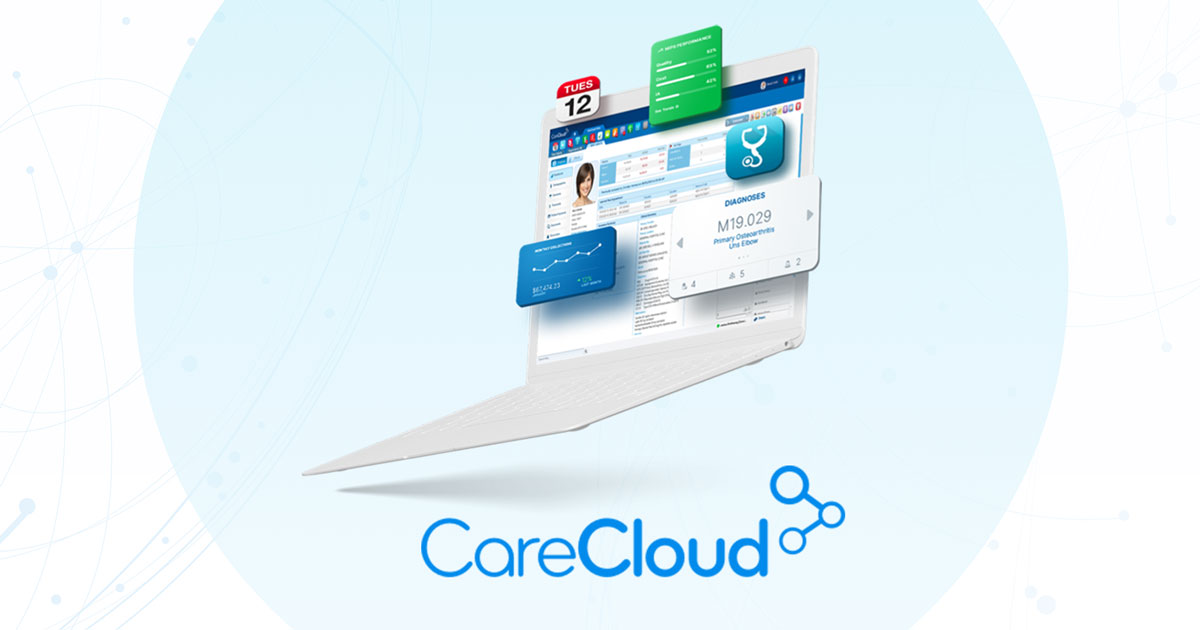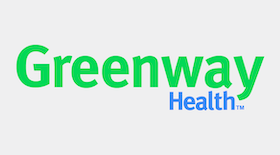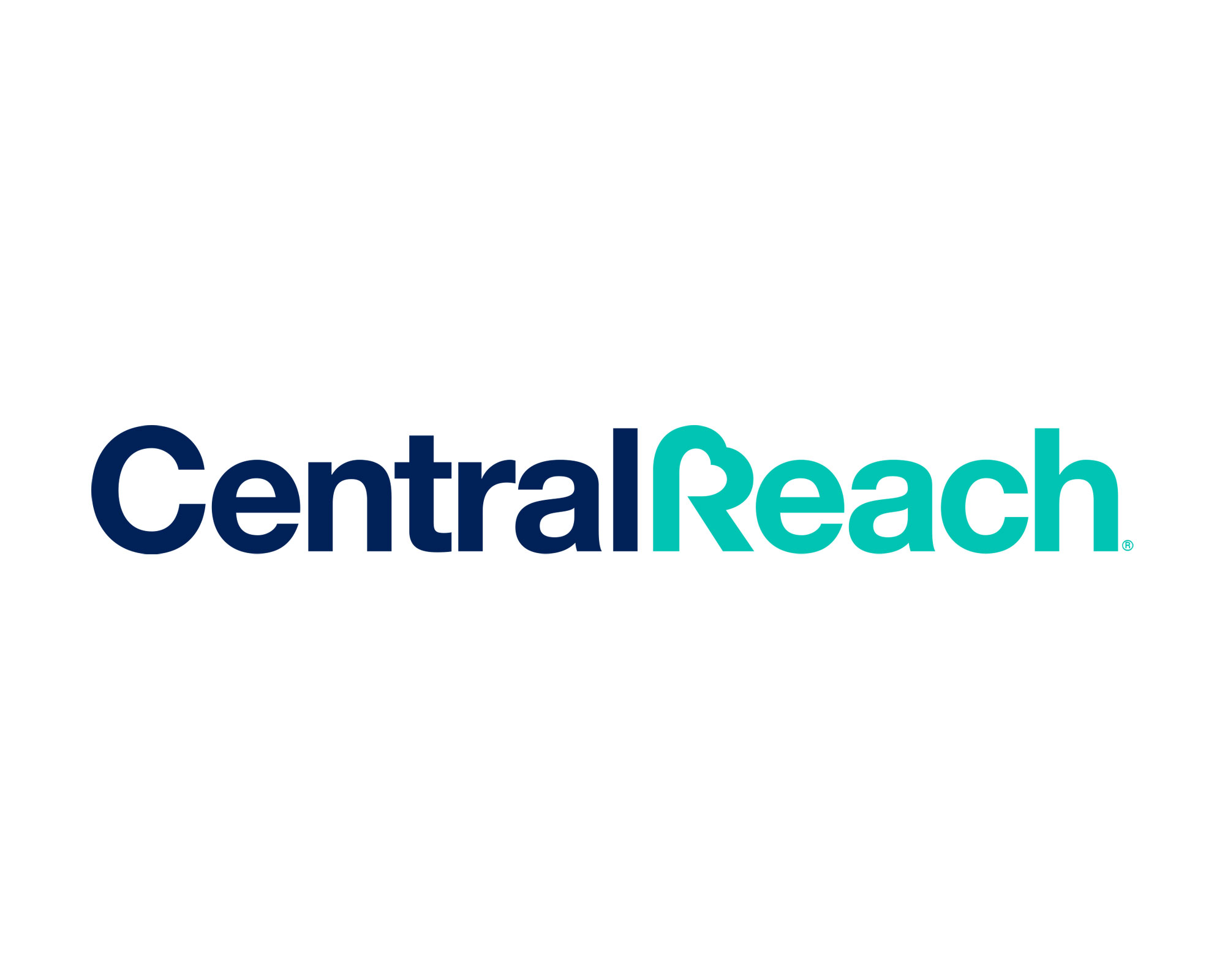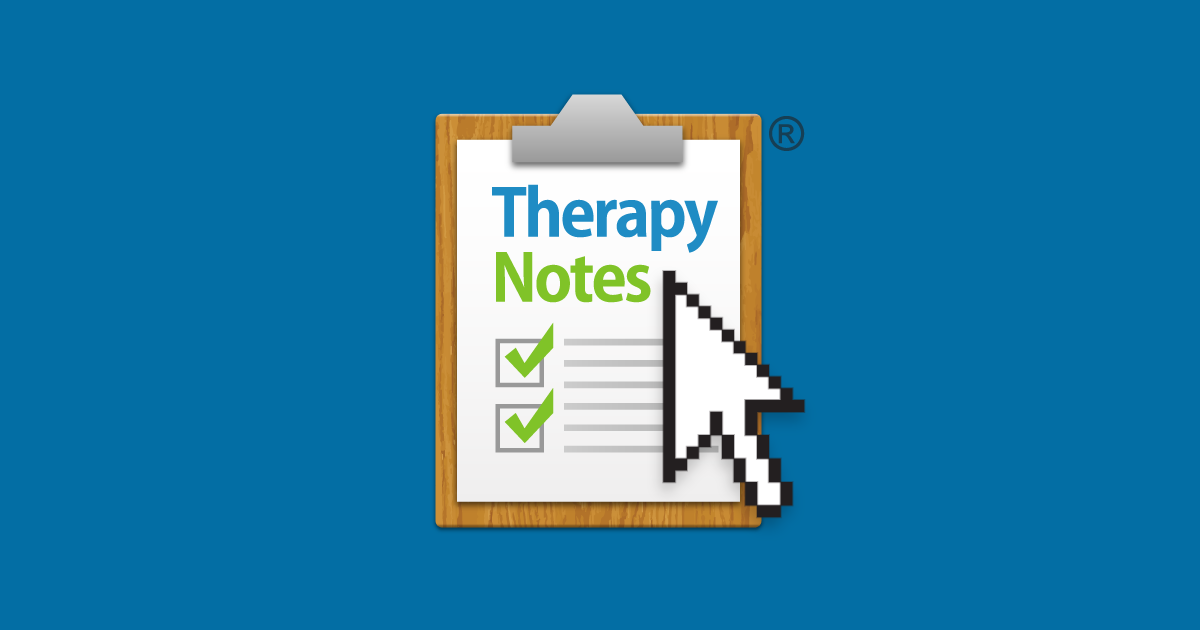Introduction
Finding the right practice management software is crucial for physical therapy clinics to run efficiently and deliver high quality patient care. However, with dozens of options on the market, it can be challenging to determine which platform is the best fit. This blog evaluates 15 of the leading physical therapy software solutions based on key criteria like features, ease of use, support, pricing and more. We also analyze industry trends to understand what therapists are looking for in today’s software.
Methods of Evaluation
To rank these platforms, we considered several factors including product features, pricing, reviews from customers and industry experts, dedicated therapy workflows, usability, support availability, number of users, integration capabilities and growth trends. We also looked at metrics like backlinks, traffic and keyword search volume to gauge market presence and popularity. This multidimensional evaluation approach helps provide an objective comparison of each vendor to identify the top options.
1. Centricity
Centricity is a physical therapy software developed by GE Healthcare. As one of the leading healthcare IT companies, GE Healthcare offers Centricity to help physical therapy practices manage patient care and business operations. Centricity is fully integrated electronic medical record (EMR) certified for Meaningful Use initiatives.
Pros: Some key advantages of Centricity include:
– Comprehensive EMR certified for Meaningful Use
– Specialized PT and multi-specialty workflows
– Centralized reporting across locations and service lines
– Integrates patient records, billing and scheduling
– Customizable templates and forms for streamlined documentation
Cons: A potential disadvantage is that Centricity requires an ongoing subscription cost which adds to the expenses of running a physical therapy practice on top of the software installation and setup fees.
Pricing: Pricing for Centricity physical therapy software depends on the size of the practice and number of locations. There is an initial software and implementation fee followed by recurring monthly or annual subscription costs. Custom pricing is available by contacting a GE Healthcare sales representative.
Some key stats about Centricity include:
– Used by over 5,000 physical therapy clinics nationwide
– Supports physical therapy, chiropractic, occupational therapy and other specialties
– Integrates with over 50 practice management systems
– Streamlines documentation, billing and reporting across multiple locations
2. NextGen
NextGen is a leading provider of ambulatory healthcare and dental software, including electronic health records (EHR) and practice management systems. Founded in 1974, they have over 250,000 providers on their platform across various specialties like physical therapy, orthopedics, chiropractic care and more.
Pros: Some key advantages of NextGen include: Their platform offers a full-service EMR system to manage all aspects of a physical therapy or musculoskeletal practice. They also provide robust population health tools and analytics to track outcomes and performance. NextGen also has an excellent reputation in the healthcare IT industry and offers robust support and customization options.
Cons: A potential disadvantage is that NextGen’s systems tend to be more expensive than some competing options. However, their comprehensive features and industry reputation help justify the higher price point for many providers.
Pricing: NextGen offers both monthly subscription and enterprise licensing options for their software. Pricing varies based on the desired solutions, number of locations, users, and customization needs – but on average practices can expect to pay $100-$300 per user per month for a full EMR and practice management solution from NextGen.
Some key stats about NextGen include: They serve over 30 million patients, have over 250,000 providers on their platform, and support over 700 specialties and subspecialties. Their large customer base and decades in business demonstrate their industry leadership and expertise.
3. SimplePractice
SimplePractice is a leading EHR and practice management software used by over 185,000 health and wellness professionals. Founded in 2009 and headquartered in Denver, Colorado, SimplePractice offers an all-in-one platform designed specifically for physical therapy practices, counseling practices, and other types of health and wellness businesses.
Pros: Some key advantages of SimplePractice include:
– Widely used in the physical therapy industry making it familiar to many practitioners
– Flexible and adaptable platform that can meet the needs of various specialties and settings
– Robust video telehealth capabilities built directly into the software
– Good self-serve support options including guides, tutorials and an active online community
Cons: A potential disadvantage is that the monthly pricing can be more expensive compared to some competitors. However, SimplePractice provides a comprehensive platform with many features included in one package.
Pricing: SimplePractice offers monthly pricing plans starting at $79 per month for a single user plan. Pricing increases based on the number of users and additional features/functionality required. They also offer annual plans which provide a discounts compared to monthly billing. A free 15-day trial is available to test out the software.
Some key stats about SimplePractice include:
– Used by over 185,000 health and wellness professionals worldwide
– Flexible platform that can be customized for various specialties such as physical therapy, counseling, chiropractic care, etc.
– Robust telehealth features built directly into the platform
– Over 80 integrations with third party apps for additional functionality
4. CareCloud
CareCloud is a leading cloud-based electronic health records (EHR), practice management, medical billing and telehealth platform. They serve over 30 specialties including physical therapy. Founded in 2005 and headquartered in Coral Springs, Florida, CareCloud offers a comprehensive and fully integrated technology platform to help medical practices operate more efficiently.
Pros: Some key advantages of CareCloud for physical therapy practices include:
– Complete EHR and practice management solution in one integrated platform.
– Competitive pricing plans that scale based on the size of the practice.
– Specialized workflows and tools tailored for physical therapy specialties.
– Integrated telehealth services to reach more patients virtually.
Cons: One potential disadvantage is the lack of customizable templates and workflows compared to some niche EHR vendors focused solely on physical therapy. However, CareCloud offers specialized PT tools and functionality to address this.
Pricing: CareCloud offers monthly subscription pricing starting at $99 per provider per month. Additional fees apply for add-on services like medical billing, patient portal, telehealth and support plans. They also offer free trials and implemention assistance to new customers.
Some key stats about CareCloud include:
– Over 100,000 providers use CareCloud to manage over 40 million patient records.
– CareCloud processes over $10 billion in medical claims annually.
– Integrates with over 180 medical billing services and clearinghouses.
– Offers integrated telehealth capabilities including video, phone and online appointments.
5. WebPT
WebPT is the leading physical therapy software and electronic medical records (EMR) system. Founded in 1996, WebPT has been serving the physical therapy industry for over 25 years. With over 25,000 clinicians treating over 5 million patients annually, WebPT is the most widely used PT software in the nation.
Pros: Some of the key advantages of using WebPT include:
– Industry leader with over 25 years of experience in PT software
– User-friendly interface designed with physical therapists in mind to be intuitive and streamlined
– Comprehensive suite of tools and features to manage all aspects of a PT practice from documentation to billing and scheduling
– Mobile access through their mobile app allowing clinicians flexibility and access on the go
Cons: A potential disadvantage is that as the industry leader, WebPT has a higher upfront cost compared to some smaller competitors. However, most users agree that the advantages of their experience, features, and support make WebPT worth the investment.
Pricing: WebPT offers different pricing tiers to meet the needs of clinics of all sizes. Pricing starts at $99 per month for a single clinician plan and scales up based on the number of clinicians and features needed. They also offer special partnership deals and discounts for larger enterprise customers.
Some key stats about WebPT include:
– Over 25,000 physical therapy clinics and practitioners use WebPT nationally
– Treats over 5 million patients per year
– Founded in 1996 and has been a leader in the PT software industry for over 25 years
6. DrChrono
DrChrono is a cloud-based medical practice management software designed to help streamline workflows and improve patient care. Founded in 2008, DrChrono offers a comprehensive electronic health records (EHR) system, practice management, medical billing software and revenue cycle management services all in one integrated platform.
Pros: Some key advantages of DrChrono include:
– Feature-rich solution that can support any medical specialty
– Mobile apps allow documentation and patient engagement from any device
– Robust patient portal for scheduling, payments, health records access
– Automated billing and claims management helps maximize reimbursements
– Integrations with many billing, lab and imaging services
Cons: One potential disadvantage is that the free basic plan only allows for 3 users and 25 active patients. Practices with higher volumes may need to upgrade to a paid plan.
Pricing: Pricing starts at $99/month for the basic plan (3 users, 25 patients), $199/month for the professional plan (10 users, unlimited patients) and scales up based on number of users and features needed. Additional modules like medical billing and RCM services have separate monthly fees.
Some key stats about DrChrono include:
– Used by over 35,000 medical providers and 165 specialties
– 1.4 billion total patient records in the system
– Integrations with over 500 medical devices and billing services
– Supports documentation from phones, tablets and computers
– 24/7 technical support and training available
7. PointClickCare
PointClickCare is a leading cloud-based healthcare software provider serving the long-term and post-acute care market. Founded in 2001, PointClickCare now supports over 30,000 facilities and 853,000 care users across the care continuum. Their electronic medical records (EMR) platform links clinical, customer and financial data in one system to help facilities navigate the new realities of value-based care.
Pros: Some key advantages of PointClickCare include: – Comprehensive EMR platform compatible with complex care settings and vulnerable populations – Seamlessly links clinical, customer and financial data to get a holistic view of each resident/patient – Supports risk-adjusted quality reporting and analytics needed for value-based care models
Cons: A potential disadvantage is the upfront cost of implementation which may require facilities to invest in new hardware, software licensing fees, staff training, and more.
Pricing: Pricing for PointClickCare is based on the size and needs of each facility. Implementation costs range from $75,000 to over $150,000 and ongoing software licensing and support fees vary as well depending on the modules and number of beds/users at each location.
Some key stats about PointClickCare include: – Over 30,000 facilities use their platform – Supports over 853,000 care users – Available in over 25 languages – Complies with various healthcare standards like ONC, CMS, HIPAA, and Meaningful Use
8. CureMD
CureMD is cloud-based electronic health records, practice management, and medical billing software aimed at small to medium sized physician practices. Founded in 2005 and based in San Diego, California, CureMD allows practices to manage patient records, scheduling, billing, and more from any device with an internet connection.
Pros: Key advantages of CureMD include:
– Affordable pricing starting at $99/month
– Feature-rich EHR and practice management functionality
– Robust patient portal and telehealth capabilities
– Integrates with other major EHR platforms like Epic and Athenahealth
Cons: A potential disadvantage of CureMD is that it may not be as fully-featured for very large practices compared to more expensive competitors.
Pricing: CureMD offers annual or monthly pricing plans starting at $99/month.
Some key stats about CureMD include:
– Used by over 10,000 medical providers in the US
– Integrates with over 30 lab systems and interfaces
– Processes over $2 billion in medical claims annually
9. Greenway Health
Greenway Health is a leading provider of ambulatory healthcare business, clinical, and financial management solutions. Founded in 1998, Greenway helps healthcare organizations improve care quality and workflow efficiency through its suite of fully integrated software and services. With over 30 years of experience, Greenway Health serves over 38,000 provider sites nationwide.
Pros: Some key advantages of Greenway Health’s physical therapy software include:
– Comprehensive ambulatory care platform to manage clinical operations, business operations, and financial operations
– Large ecosystem of providers and extensive best practices to learn from
– Integrates seamlessly with major healthcare systems and payers for streamlined interoperability
– Robust clinical documentation tools optimized for PT needs like customizable templates and automated workflows
Cons: A potential disadvantage is a larger upfront investment and longer implementation time compared to smaller niche physical therapy software vendors due to the broad scope and scale of Greenway’s platform.
Pricing: Pricing for Greenway Health’s integrated platform is not publicly disclosed and varies based on a number of customization and implementation factors. General cost estimates indicate license, support, and recurring SaaS fees tend to be higher than smaller niche vendors but offset by potential savings from increased efficiency, reduced errors, and expanded functionality over time.
Some key stats about Greenway Health’s physical therapy software include:
– Over 38,000 provider sites use Greenway software nationwide
– Integrates with over 80 EHR/PM systems and all major payers
– Platform handles over 1 billion financial transactions per year
– Supports over 10 specialties including physical therapy, occupational therapy, and speech therapy
10. Orion Practice Management
Orion Practice Management is an integrated physical therapy software solution developed by Orion Health to help streamline operations, improve productivity and enhance the patient experience. The platform combines practice management, electronic medical records and billing capabilities into a single cloud-based system.
Pros: Some key advantages of Orion Practice Management include:
– Integrated PM, EMR and billing platform in a single workflow
– Customizable permissions and workflows to fit any practice model
– Cloud-based system provides accessibility from any device
– Integrations with many third-party applications
Cons: A potential disadvantage is the monthly subscription fee which can vary depending on the plan and number of users.
Pricing: Orion Practice Management pricing plans range from $99-$299 per provider per month. Discounted annual plans are also available and there is a free 30-day trial to test the software.
Some key stats about Orion Practice Management include:
– Used by over 5,000 healthcare providers worldwide
– Integrates with over 50 different EMR systems
– Stores all patient records and documents securely in the cloud
– Allows real-time collaboration between providers from any location
11. CentralReach
CentralReach is autism and intellectual and developmental disability (IDD) practice management software. Founded in 2013 and headquartered in Austin, Texas, CentralReach provides a cloud-based EHR and practice management solution specifically designed for autism service providers and Applied Behavior Analysis (ABA) therapists. Their software helps streamline clinical documentation, billing, and overall operations for autism and ABA practices.
Pros: Some key advantages of CentralReach include:
– Complete telehealth and remote care solution
– Mobile apps and telehealth built-in
– Automated workflows that boost practice productivity
– Built-in analytics and scheduling tools
Cons: A potential disadvantage is that the software is specifically designed for ABA providers and autism practices only, so it may not be as suitable for other types of therapy practices.
Pricing: CentralReach offers four pricing tiers based on the number of users:
– Essentials: $89/month for up to 3 users
– Plus: $129/month for up to 10 users
– Pro: $199/month for up to 25 users
– Enterprise: Custom pricing for 26+ users
Some key stats about CentralReach include:
– Used by over 5,000 ABA providers serving over 100,000 individuals
– Integrated telehealth platform used to deliver 150,000+ virtual sessions each month
– Available in the US, UK, Canada, and Australia
12. TherapyNotes
TherapyNotes is comprehensive practice management and EHR software designed specifically for physical therapy, occupational therapy, and speech therapy clinics. Founded in 2006, TherapyNotes helps over 35,000 practitioners securely manage client records, schedule appointments, write clinical notes, bill insurance, and more.
Pros: Key advantages of TherapyNotes include:
– Intuitive and streamlined documentation interface optimized for therapy workflows
– Comprehensive and flexible charting tools for assessments, goals, treatment plans, progress notes and more
– Secure messaging and collaboration tools to easily communicate with clients and other providers
– Cloud-based software runs smoothly from any device with an internet connection
Cons: A potential disadvantage is that as a full-featured EHR and practice management software, there is a learning curve to getting comfortable with all of the different modules and functionality. The user interface can also feel a bit cluttered at times with lots of options.
Pricing: TherapyNotes offers several pricing plans tailored for clinics of different sizes. Monthly pricing starts at $99 per month for a single clinician license. Additional licenses are $49 per month each. They also offer enterprise plans for larger clinics.
Some key stats about TherapyNotes include:
– Used by over 35,000 practices
– Mobile apps available for iOS and Android for documentation on the go
– Regular software updates and new feature releases every few months
– Integrations with over 30 billing, lab, and health apps
13. Physitrack
Physitrack is a web and mobile-based physical therapy software developed by Physitrack, an Estonia-based company. Founded in 2009, Physitrack aims to help physical therapy practices better manage patients and track outcomes through remote engagement capabilities. With over 100,000 practitioners using Physitrack across 102 countries, it is one of the leading physical therapy software solutions on the market.
Pros: Some key advantages of Physitrack include:
– Provides a full web and mobile practice management solution for physical therapists.
– Offers tools to track patient outcomes and progress over time both in-clinic and remotely.
– Focuses heavily on enabling remote patient care plans, engagement, and telehealth capabilities.
Cons: A potential disadvantage is that as a software-as-a-service solution, Physitrack requires a monthly or annual subscription fee to use unlike one-time purchase software.
Pricing: Physitrack offers several pricing tiers for physical therapy practices ranging from $49-199 per month based on the number of users and features needed. It also offers annual subscription plans that provide a discount compared to monthly payments.
Some key stats about Physitrack include:
– Over 100,000 physical therapy practitioners currently use Physitrack worldwide.
– Physitrack is used in 102 different countries globally.
– Physitrack helps practitioners remotely engage with over 1 million patients.
14. OfficeAlly
OfficeAlly is a leading provider of healthcare technology solutions. Based in San Diego, California, OfficeAlly has been serving the physical therapy industry for over 20 years with its Practice Mate EHR software. Practice Mate is a comprehensive physical therapy software solution designed specifically for PT practices and clinics.
Pros: Some of the key advantages of Practice Mate for physical therapy include:
– Specialized functionality for physical therapy workflow and documentation
– Robust note templates, examination forms and customizable templates
– Integrated billing and direct clearinghouse submission to streamline reimbursement
– Large user community and online support forums for sharing best practices
Cons: While largely focused on the needs of PT practices, one potential disadvantage is a lack of specialization for other specialty types like occupational therapy. Documentation may not be as seamlessly tailored for other rehab professions.
Pricing: Practice Mate pricing starts at $149 per month for a single clinician license. Additional staff licenses are available for $99 per month each. No long term contract is required and implementation support is provided.
Some key stats about OfficeAlly and Practice Mate include:
– Serves over 10,000 medical practices nationwide
– Integrates with over 50 different practice management systems
– Processes over $8 billion in medical claims annually
– Community of over 100,000 healthcare providers for peer support
15. ThriveAP
ThriveAP is a leading physical therapy software provider designed specifically for outpatient clinics. Their all-in-one platform, ThriveAP, enables PT practices to easily manage documentation, billing, scheduling and more on one centralized system. Founded in 2011 and headquartered in San Diego, California, ThriveAP aims to simplify operations and optimize workflows for physical therapists.
Pros: Some key advantages of ThriveAP include:
– End to end software for managing all aspects of an outpatient PT clinic from one centralized platform
– Simplified yet powerful platform for documentation, billing, scheduling and other core clinic functions
– Excellent analytics and reporting tools to monitor key performance indicators and clinic performance
Cons: A potential disadvantage is that the platform is mainly designed for outpatient physical therapy clinics only and may not be as suitable for other specialty clinics or settings.
Pricing: ThriveAP offers simple and transparent pricing plans starting at $99 per month for a single clinician. Additional per-clinician fees apply as the practice grows. No long term contracts are required.
Some key stats about ThriveAP include:
– Used by over 2,000 PT clinics nationwide
– Processes over $500M in medical billing annually
– Serves more than 500,000 patients each year
Conclusion
With digital transformation and new payment models driving changes across the healthcare industry, having the right practice management software is non-negotiable for physical therapy clinics. This guide analyzed 15 leading vendors based on various qualitative and quantitative criteria to help you select the solution best equipped to support your clinic’s unique needs and long term growth goals. While the top rankings may shift over time, with the right due diligence this evaluation provides a solid starting point for your software selection process.


















